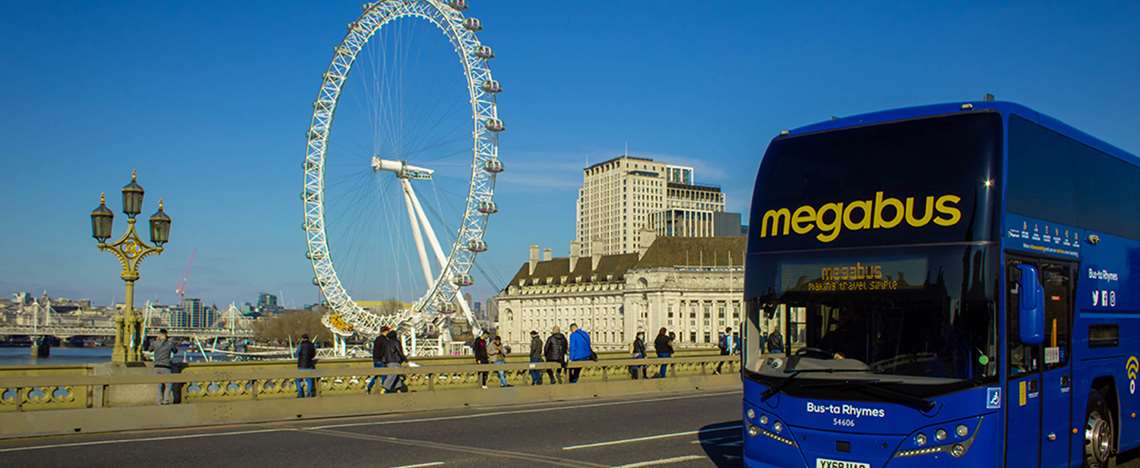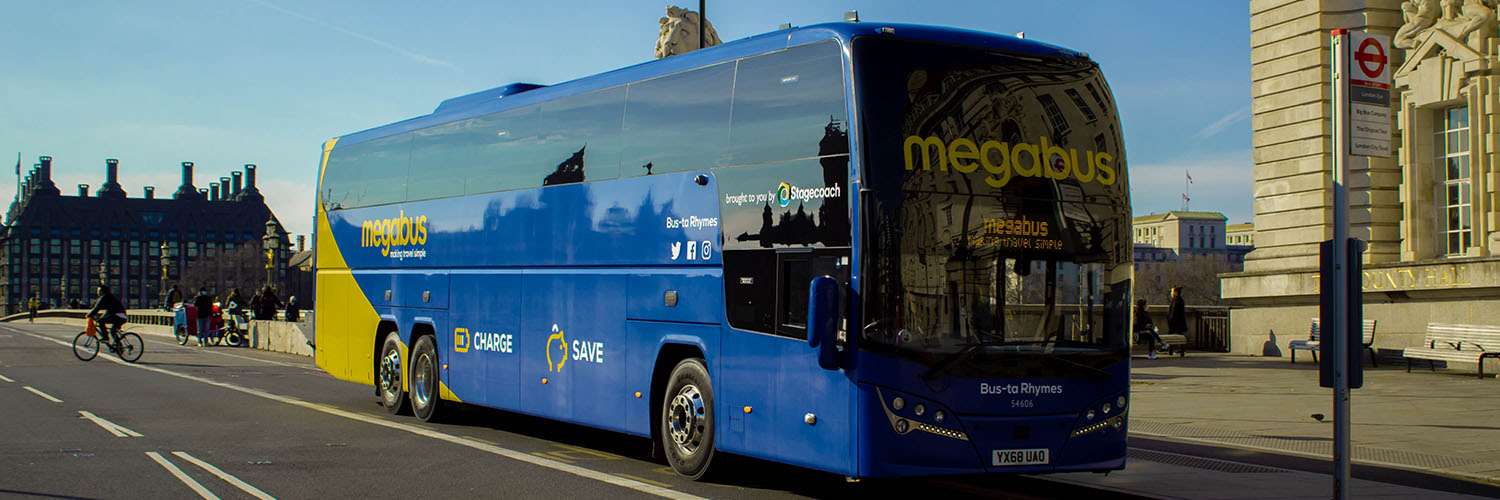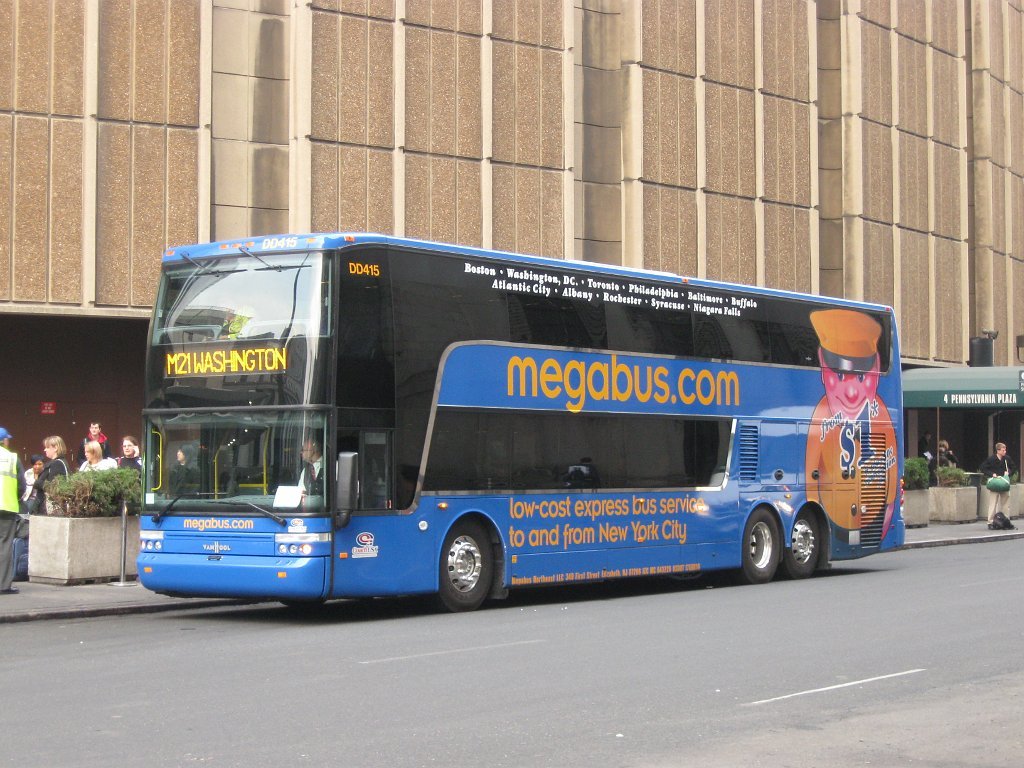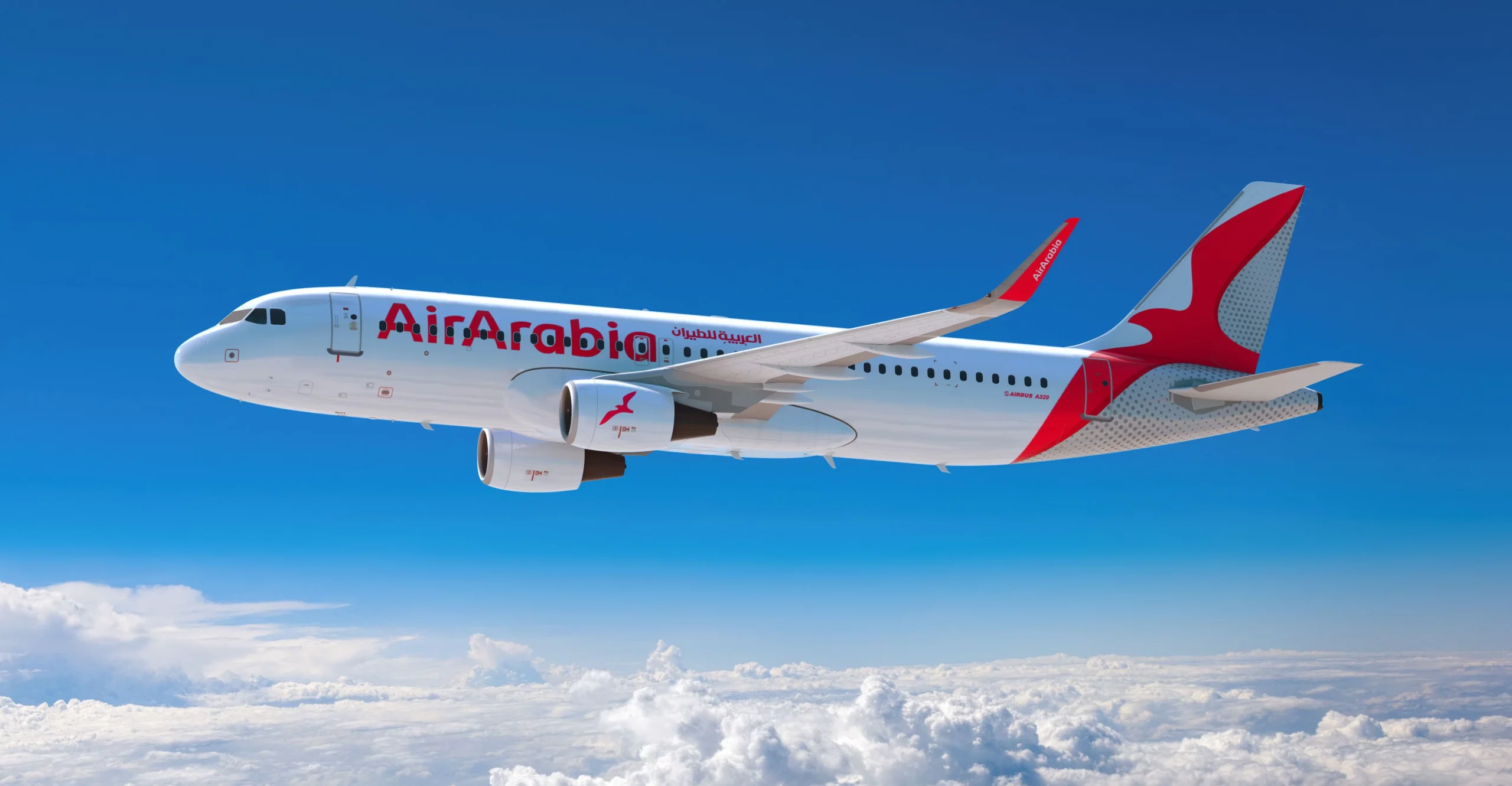In recent years, Megabus has emerged as a dominant player in the transportation industry, reshaping the landscape of intercity travel with its innovative business model and affordable fares. This article delves into the success story of Megabus, exploring how it has transformed the way people travel and revolutionized the concept of bus transportation.
Introduction: The Rise of Megabus
Megabus, a subsidiary of Stagecoach Group, burst onto the scene in 2003, offering low-cost bus services between major cities across North America and Europe. What initially began as a modest venture quickly gained momentum, thanks to its budget-friendly pricing, convenient amenities, and expansive route network. Today, Megabus boasts a significant market share in the intercity travel sector, catering to millions of passengers each year.
Affordable Travel for All

One of the key factors driving Megabus’s success is its commitment to affordability. By offering tickets at deeply discounted rates, often starting at just a few dollars, Megabus has made travel accessible to a wide range of demographics, including budget-conscious travelers, students, and families. This democratization of transportation has opened up new opportunities for exploration and adventure, allowing people to visit distant cities and experience new cultures without breaking the bank.
Convenience and Comfort
In addition to its competitive pricing, Megabus prioritizes convenience and comfort for its passengers. Each Megabus coach is equipped with modern amenities such as free Wi-Fi, power outlets, and reclining seats, ensuring a pleasant and enjoyable journey for travelers. Moreover, Megabus’s user-friendly booking platform allows customers to easily reserve seats, track bus locations in real-time, and access digital tickets via their mobile devices, streamlining the travel experience from start to finish.
Expansive Route Network
:max_bytes(150000):strip_icc()/9452615415_760c4e3c3f_k-56ab11125f9b58b7d0093c31.jpg)
Megabus’s success can also be attributed to its expansive route network, which spans hundreds of destinations across North America and Europe. From bustling metropolises to quaint towns, Megabus connects passengers to a diverse array of locations, making it easy to plan multi-city trips or weekend getaways. With frequent departures and flexible scheduling options, Megabus offers unparalleled convenience and flexibility for travelers seeking to explore new destinations.
Sustainability and Environmental Impact
In an era of growing environmental awareness, Megabus has positioned itself as a sustainable alternative to traditional modes of transportation such as air travel and private car ownership. By consolidating passenger demand onto high-capacity coaches, Megabus helps reduce the carbon footprint associated with individual car journeys and short-haul flights. Additionally, Megabus has invested in fuel-efficient vehicles and implemented eco-friendly practices to minimize its environmental impact, making it a greener choice for conscientious travelers.
Community Engagement and Social Responsibility

Beyond its core business operations, Megabus is actively engaged in supporting local communities and giving back to society. Through partnerships with charitable organizations and initiatives such as the Megabus Foundation, the company provides financial assistance and resources to individuals and communities in need. By fostering a culture of corporate social responsibility, Megabus demonstrates its commitment to making a positive impact on the world beyond transportation.
Conclusion: The Megabus Effect
In conclusion, Megabus’s success story serves as a testament to the transformative power of innovation and entrepreneurship in the transportation industry. By prioritizing affordability, convenience, sustainability, and community engagement, Megabus has revolutionized intercity travel and empowered millions of people to explore the world around them. As Megabus continues to expand its reach and influence, its legacy as a pioneer in modern transportation is sure to endure for years to come.






